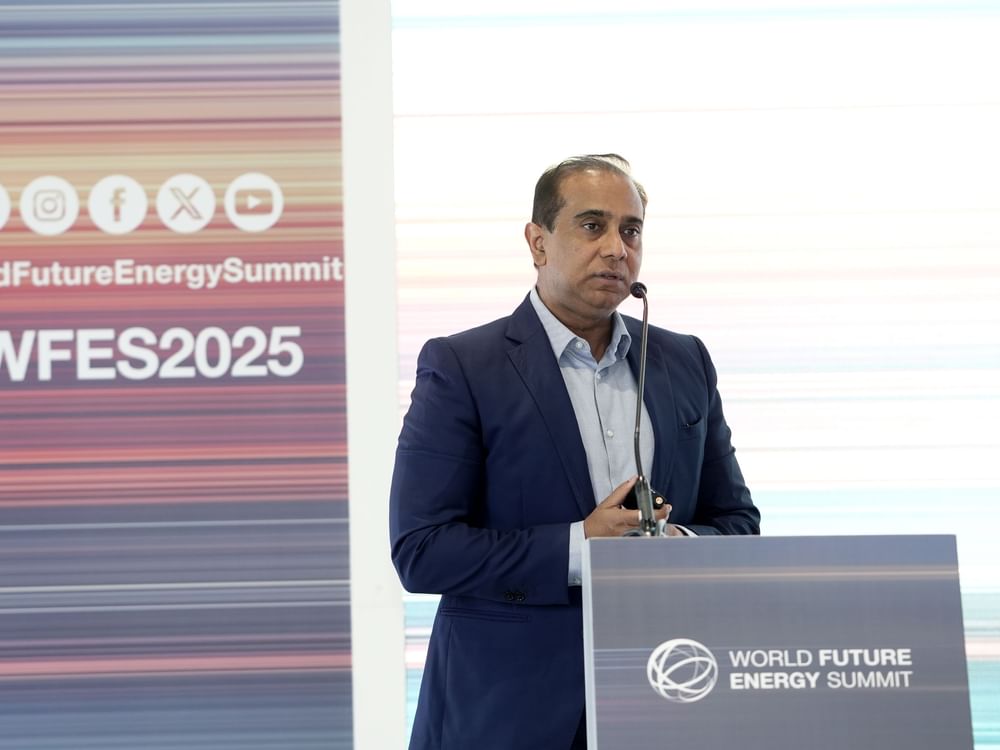A recent report has underscored the United Arab Emirates position as a leader in the regional solar energy sector. This growth is fueled by initiatives such as the Dubai Clean Energy Strategy 2050, which aims for 75 percent clean energy by 2050, and Abu Dhabi Vision 2030, targeting 30 percent renewable energy within the next five years.

The “Solar Outlook Report 2025,” released by the Middle East Solar Industry Association (MESIA) during the World Future Energy Summit 2025 in Abu Dhabi, details the rapid expansion of solar energy across the Middle East and North Africa (MENA) region, with the UAE playing a pivotal role in this transformation.
The share of solar energy in the regional energy mix has experienced significant growth, with solar capacity in MENA increasing by 23 percent in 2023 to reach a peak of 32 gigawatts (GW). Projections indicate that this capacity could exceed 180 GW by 2030. The report attributes this growth to advancements in technology, robust government support, and investments from the private sector.
Innovative technologies, including digital twins and automated cleaning systems, are enhancing solar plant performance, boosting energy output, and lowering operational costs. Additionally, improvements in energy storage and automated operations are helping to overcome challenges associated with expanding solar portfolios. The report also identifies green hydrogen as a rapidly growing sector, with the abundant solar and wind resources in MENA providing a competitive advantage for production. Despite existing challenges such as funding and infrastructure, the region’s commitment to solar energy development is creating new opportunities.
The report emphasizes the importance of localizing solar manufacturing to decrease reliance on external suppliers, which is essential for long-term success. Countries such as Morocco, Egypt, and Tunisia are actively working to expand their solar capacities to meet local demand and contribute to global clean energy objectives. Fazle Moyeen Quazi, President of MESIA, stated that next-generation technologies are improving the efficiency and resilience of solar projects while addressing challenges related to intermittency and grid stability.
Moreover, the report highlights that advanced solar cells, grid integration tools, and digital monitoring systems are enhancing efficiency. Private sector investments, public-private partnerships, and innovative financing models are accelerating the adoption of solar energy solutions. Leen AlSebai, Head of the World Future Energy Summit and General Manager of RX Middle East, pointed out that the summit plays a crucial role in connecting global stakeholders, thereby solidifying the MENA region’s position as a leading solar energy market.

Leave a Reply